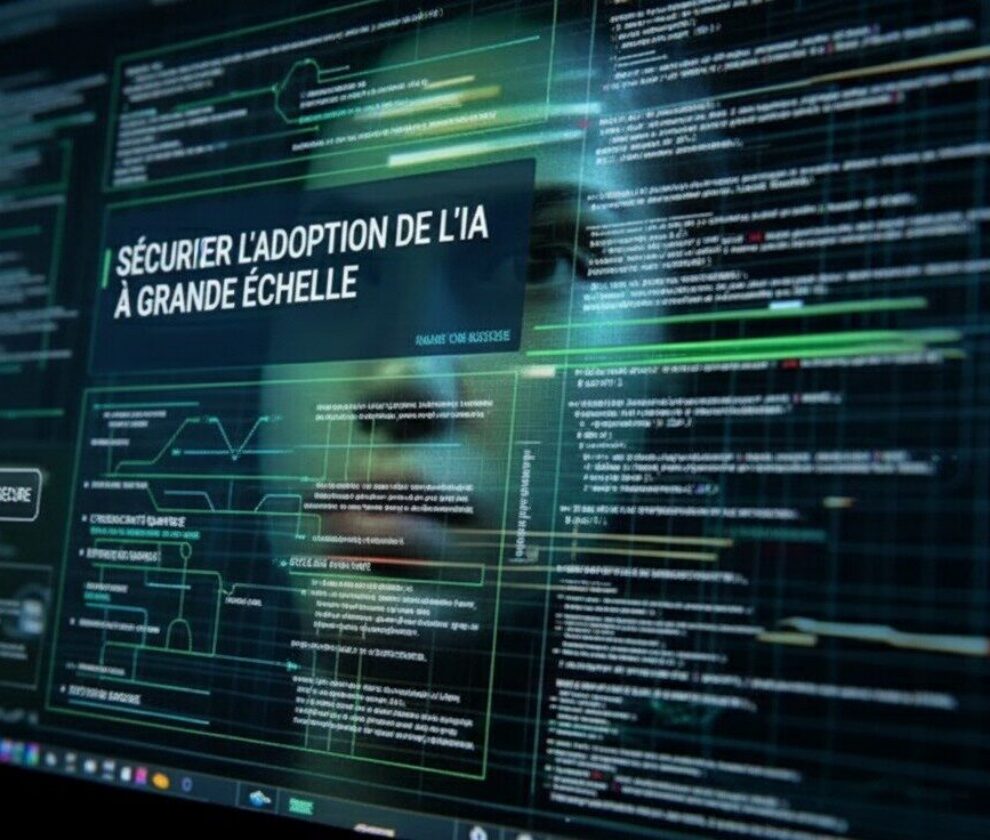Recent controversies surrounding digital espionage tools have brought new questions to the global stage, particularly as the case in Poland involving Pegasus and political figure Michał Woś gains international attention. The rise of advanced spyware like Pegasus is not only a matter of technology but also one of ethics, politics, and law. Let’s delve into the controversy to uncover what’s truly at stake.
What Is Pegasus and Why Is It Controversial?
Pegasus, developed by Israeli cybersecurity firm NSO Group, is a highly sophisticated spyware. It allows users to secretly infiltrate smartphones to collect calls, messages, location data, and other sensitive information. The software’s unparalleled capabilities include “zero-click” attacks, which mean it can breach devices without any interaction from the user.
While touted as a tool for combating crime and terrorism, the global misuse of Pegasus has drawn severe criticism. Multiple reports have indicated its deployment against journalists, human rights activists, and political dissidents. Such widespread misuse has transformed Pegasus from a defensive tool to a potent weapon for surveillance, sparking ethical and legal concerns worldwide.
The Pegasus Scandal in Poland
The Pegasus controversy in Poland revolves around a shocking misuse of power and funds. In 2017, former Polish Justice Ministry official Michał Woś was accused of illegally diverting $6.9 million from a fund intended for crime victims to purchase the Pegasus software. A significant portion of the investigation alleges that Pegasus was subsequently used to monitor approximately 600 individuals, including opposition politicians and lawyers from 2017 to 2022.
More troubling still is the revelation that these surveillance actions coincided with the governance of the Law and Justice party (PiS). The scandal has generated massive public and political outrage and carries serious implications for Woś, who now faces potential imprisonment of up to 10 years.
The misuse of Pegasus highlights systemic flaws in governance and accountability within Poland’s political sphere.
Legal and Political Ramifications
This case raises substantial questions about the ethical deployment of surveillance technologies in democracies. Transparency in government spending, particularly when it comes to security tools, is now under intense scrutiny. If public funds can be repurposed for questionable objectives, what safeguards are truly in place?
Global organizations, including Amnesty International, have amplified calls for stricter legal frameworks to curb abuses of tools like Pegasus. This incident emphasizes the need for transparency and due process to ensure that advanced spyware is neither misused nor weaponized against citizens or political adversaries.
Addressing the Crisis with Legal and Technical Solutions
As the Pegasus crisis unfolds, various measures can be implemented to prevent repeat incidents. These include:
- Strengthening legal frameworks to regulate the acquisition and use of surveillance technologies.
- Mandating independent audits for all public fund expenditures, especially for sensitive tools like spyware.
- Encouraging international cooperation to establish ethical governance standards for cyber surveillance tools.
Improved accountability mechanisms and a focus on ethical technology governance are necessary steps to rebuild trust in the wake of scandals like this.
Strategic Outlook for Organizations and Governments
From a strategic standpoint, organizations and governments alike must acknowledge the collateral damage of misusing surveillance software. Legal risks, reputational harm, and public distrust are unavoidable consequences. Consulting firms like Lynx Intel, which specialize in corporate intelligence, can play a vital role in ensuring ethical oversight and international compliance with cybersecurity regulations. Such an approach minimizes risks while fostering a culture of transparency.
Future Developments in Digital Surveillance
Advancements in digital monitoring tools have outpaced regulatory frameworks, creating a fertile ground for misuse. As demonstrated in the Pegasus incident, resolving this gap is crucial. Policymakers and technologists must collaborate to shape a future where innovation is balanced with ethical considerations, particularly for sensitive technologies like spyware.
Global standards and certifications may serve as a cornerstone solution, offering transparency on the origins and intended uses of these tools. Governments, private enterprises, and international organizations must unite to address these regulatory challenges and build a safer, more equitable digital ecosystem.
Conclusion
The Pegasus case in Poland is a sobering reminder of the ethical dilemmas posed by unchecked surveillance technologies. As the fallout continues, it serves as a call for greater accountability and transparency at every level of governance. Strengthening oversight mechanisms, enforcing stricter regulations, and promoting ethical practices in technology management is imperative.
For organizations and governments navigating this complex landscape, expert consultation services like those offered by Lynx Intel can provide a trusted roadmap. By embracing accountability and ethical governance, stakeholders can ensure that innovation in surveillance technology serves public good rather than undermining it.


